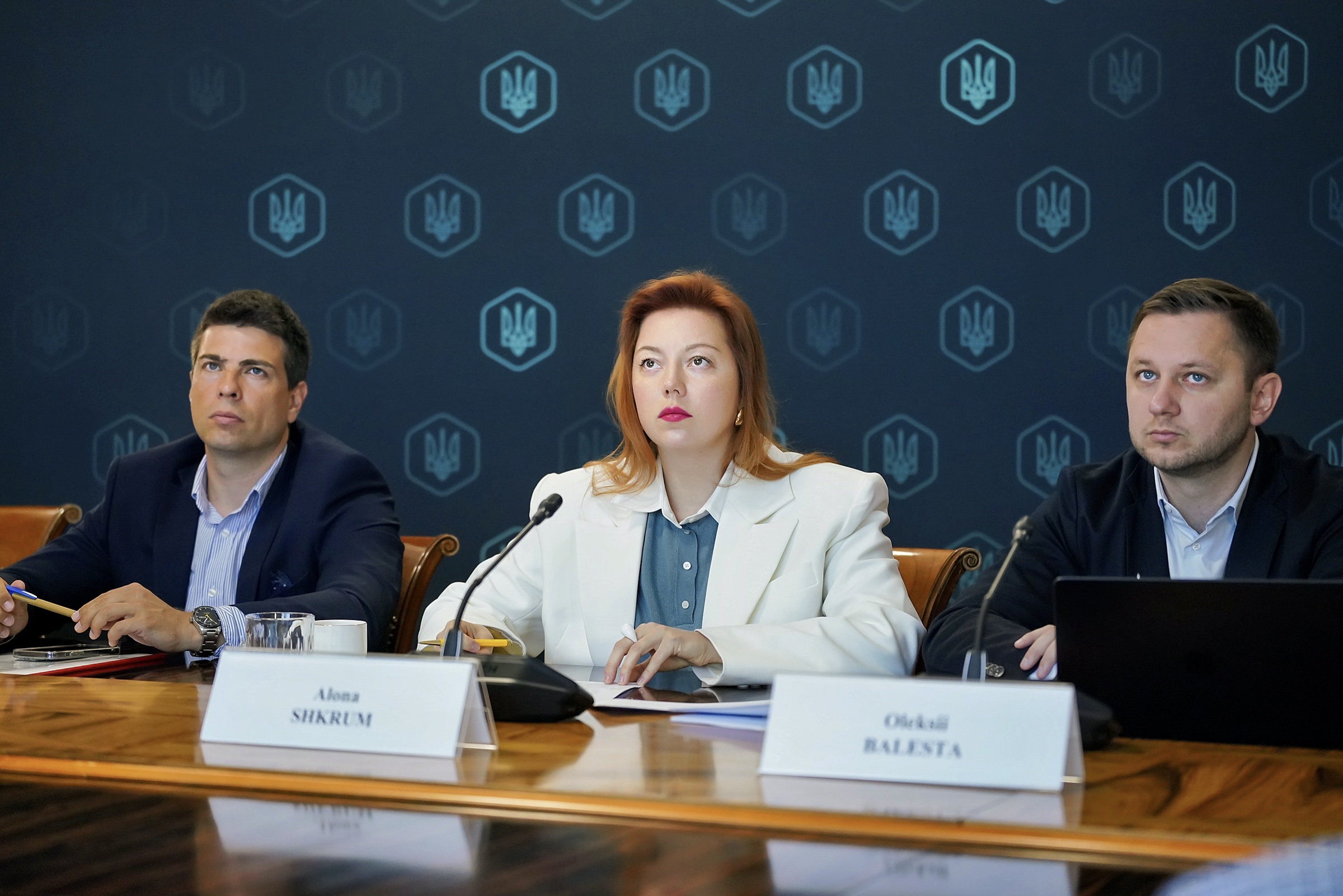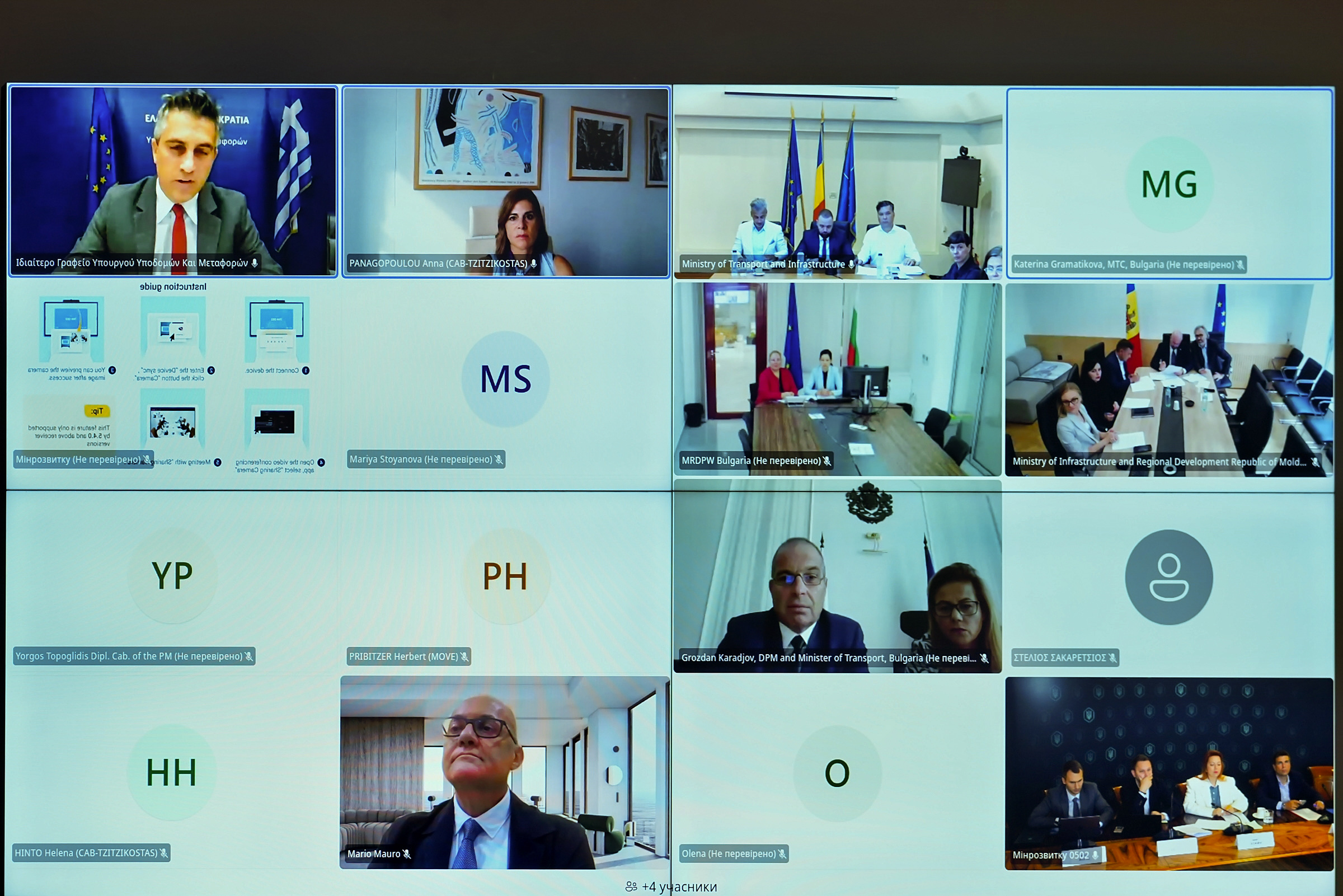On September 1, an inaugural online meeting brought together transport and infrastructure officials from Ukraine, Greece, Romania, Bulgaria, and Moldova, alongside representatives from the European Commission. The main focus was the TEN-T transport corridor Baltic Sea – Black Sea – Aegean Sea, particularly the links connecting the Greek port of Alexandroupolis with Ukrainian Odessa via Varna and Constanța.
From Ukraine, the delegation included First Deputy Minister of Communities and Territories Development Aliona Shkrum, together with Deputy Ministers Oleksii Balesta and Serhii Derkach.
“We see the development of new transport and logistics routes as essential for our economic resilience and integration into the European space,” said Aliona Shkrum. “Expanding alternative routes will make our international logistics less vulnerable, especially in wartime conditions.”

Ukrainian officials stressed the importance of enhancing infrastructure in the Danube region and fully integrating it into the TEN-T network. Strengthening the Danube ports and linking the transport systems of Ukraine and Moldova to European networks will create robust alternatives to traditional maritime and land routes.
European Commission representatives underscored the strategic importance of the corridor and expressed readiness to consider financing critical infrastructure projects.
The meeting concluded with a commitment to continue coordinating efforts, particularly on the Alexandroupolis–Odessa section, which is expected to boost Ukraine’s integration into European transport networks, strengthen economic resilience, and support both civilian and military mobility.



















